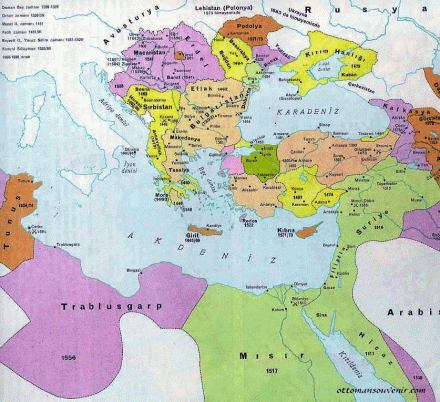Yesterday, the New York Times published a story highlighting foreign influence at major American think tanks, with the Brookings Institution taking the most licks.
The countries named included Japan, various Arab monarchies, Norway, and other countries that needed to get some clout among American bureaucrats, the civil service, and politicians.
For most of my readers, none of this should be either surprising or outrageous to you. That members of the civil service in a democracy are corruptible and corrupt in a way that endangers the integrity of the country should be one of your basic assumptions.
What’s interesting about this article is that, by the fact of its publishing, shows that there is an increasing tenor of dissension at the top of the US governing structure. Figuring out who Brookings annoyed and why is not something that interests me all that much.
What the Times ignores is that the Times itself has a large stake of itself owned by Carlos Slim, a Mexican oligarch who owes his fortune to the Mexican government, who is closely tied to that government. Steve Sailer points this out every chance that he gets.
The Times also ignores the heavy investments made by foreign governments (especially those Gulf monarchies) into the university endowments of our most prestigious schools, which also have enormous levels of influence within the permanent government.
The press is further implicated by this system of influence trading because it is the media itself that profits from campaign ad spending.
All of that would be outside the scope of the article, but I’m interested in providing the missing context.
The people who own the billboards, TV stations, newspapers, magazines, and websites profit from electioneering, regardless of where the money for those ads originated from. All of this economic activity is essentially waste that contributes to the mental pollution of civil society.
The Times suggests that Brookings and other think tanks have been violating a World War II-era law against foreign propaganda. If this is the case, then surely, the many pro-Israel NGOs operating within the United States are going to need to be investigated also. If that is so, many of the environmental groups that have funded anti-fracking campaigns (and even feature films) in the United States will need to be curtailed and censored. The article touches on this aspect in discussing Norway’s efforts to curtail forestry in Indonesia as part of some byzantine global warming indulgence system.
The problem with democracy goes beyond the issue of suffrage. What it does is create an enormous bureaucracy with a big and vulnerable surface area. Populists, foreign agents, and organized conspiracies can push the state this way and that way, in part because there are so few permanent interests that control that state. There is so much hidden complexity that it makes controlling corruption an impossible goal.
Because no one owns the state, the costs to corruption are close to nil, and the profits are significantly more than nil. Since no one has a permanent interest in the state, it exists as an engine of exploitation to be exploited by its own managers, rather than a system to be maintained in perpetuity for its owners.
The main conceit of all Cathedral organs is that of disinterestedness. All of these organs are supposed to contain purified holy people who cannot be influenced by the financial interests that pay their salaries. This doctrine is nonsensical. It’s better to just recognize that people are partial by nature, and to structure institutions around that ordinary observation of human nature.
Many citizens have the experience that they have no control over their republic because it is a true sense. An even worse issue is that the people who actually have the power are mostly opaque and inaccessible to the citizens, so that citizens often have wildly divergent interests from the people managing the state. Citizens have access to politicians who are merely go-between operators for the civil service, the academic organs, and their associated lobbyists.
While the citizens may be formally sovereign, they are not effectively sovereign, leading to endless conflict and confusion.
The problem is not that our precious, pure think tanks have been corrupted by nasty foreigners — although the consequences of that influence will be negative more often than not.
The trouble is that the authority of those think tanks is not properly formalized in law, and that they are such sprawling entities. Before the 20th century, institutions like this were either a part of the state itself or folded within royal courts. The think tanks, as part of what Moldbug calls the Cathedral, are part of our sprawling informal government. That informality is what makes them inherently corrupting as institutions.
